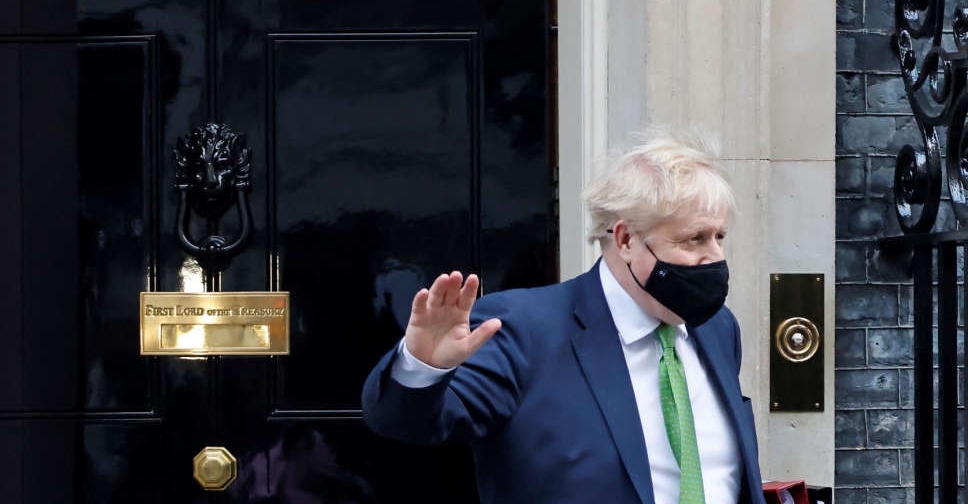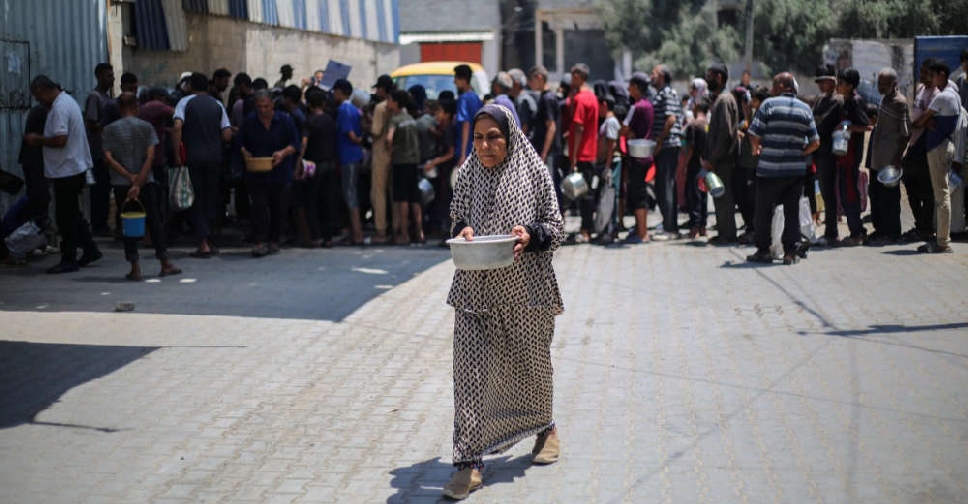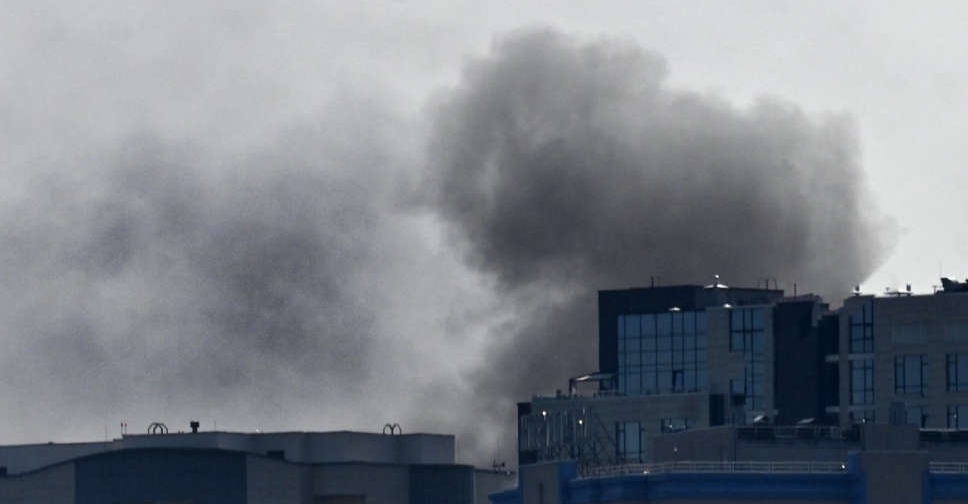
British Prime Minister Boris Johnson announced the end of COVID-19 measures introduced to curb the rapid spread of the Omicron variant in England as he looks to live with the virus after a peak in cases.
Johnson's light touch approach to dealing with the highly transmissible Omicron variant saw him introduce work-at-home advice, more mask-wearing and vaccine passes to slow its spread, stopping short of more onerous restrictions seen globally.
While cases soared to record highs, hospitalisations and deaths have not risen by the same extent, in part due to Britain's booster rollout and the variant's lesser severity.
Johnson's pledge to avoid lockdowns and live with the virus contrasts with a zero tolerance approach to COVID-19 in China and Hong Kong, and tougher restrictions in many other European countries.
"Many nations across Europe have endured further winter lockdowns... but this government took a different path," Johnson told lawmakers, saying the government had got the toughest decisions right and that numbers going into intensive care were falling.
"Our scientists believe it is likely that the Omicron wave has now peaked nationally... because of the extraordinary booster campaign, together with the way the public have responded to the Plan B measures, we can return to Plan A."
Johnson said that none of the so-called Plan B measures would remain in England, as face masks would not be legally enforced anywhere, COVID passes would not be mandatory and advice to work from home would end.
He cited Office for National Statistics figures that showed infection prevalence levels falling from a record high.
But scientists warned that cases could still turn higher again if people's behaviour returned to normal quickly.
"Removing Plan B measures in the face of extremely high levels of infection is a risk," University of Warwick virologist Lawrence Young said.
"Perhaps it would have been wiser to wait for another couple of weeks before removing the advice to work from home and the face coverings mandate. There’s no guarantee that infection levels will continue to fall."
Johnson has faced criticism for his handling of the pandemic overall, and Britain has reported 152,513 deaths, the seventh highest total globally.
Scotland, Wales and Northern Ireland have followed their own anti-coronavirus measures, generally with tougher restrictions, but have also begun to ease them.
Johnson hopes to reset his agenda following furore over the lockdown gatherings at his office, which has some in his party plotting to remove him.
The lifting of Plan B measures, along with the navigation of Omicron without resorting to a stringent lockdown, could help Johnson appease vocal opponents of restrictions in his own caucus amid the party unrest.
He said if data supported it, he may end the legal requirement for people to self-isolate if they test positive before the regulation lapses in March.
"But to make that possible, we must all remain cautious during these last weeks of winter," he said, warning of continued pressure on hospitals.



 Israel acknowledges Palestinian civilians harmed at Gaza aid sites
Israel acknowledges Palestinian civilians harmed at Gaza aid sites
 Israel steps up Gaza bombardment ahead of White House talks on ceasefire
Israel steps up Gaza bombardment ahead of White House talks on ceasefire
 Ukraine pilot killed in large-scale Russian attack, Zelenskyy calls for US help
Ukraine pilot killed in large-scale Russian attack, Zelenskyy calls for US help
 Firefighters in Turkey battle to contain wildfires for second day
Firefighters in Turkey battle to contain wildfires for second day



